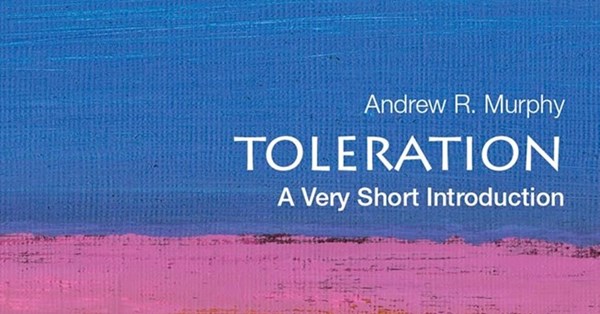THE Latin word tolerare means to bear with, endure, or allow, with the dominant meaning coming from the first two senses. Today, “tolerance” as a positive personal quality is near-synonymous with “open-mindedness”, but “toleration” as a political concept is more ambiguous. It connotes officially permitted (but reluctantly granted) exceptions from a norm that authorities would like to be universal.
While implying an absence of persecution or imprisonment, “toleration” falls short of equality. Usually, it comprehends varying degrees of continuing active discrimination and also offers concessions to certain categories of citizens outside the majority, while excluding others.
England’s Toleration Act (1689) is a classic case. It allowed freedom of worship to dissenters from the Established Church while excluding them from university education and sitting in Parliament. It granted concessions to Presbyterians, Baptists, and Independents, but not to Unitarians or Roman Catholics.
Murphy explains this background well (Chapter 1) and provides important insights on practical precedents for both limited toleration and genuine pluralism in the ancient world and non-Christian environments (Chapter 2); the creation of a conceptual framework for the idea in the wake of Europe’s bloody wars of religion (Chapters 3 and 4), and the challenges to that framework’s coherence created by European colonialism (Chapter 5).
Unfortunately, the book also has notable idiosyncrasies. In later chapters (6 and 7), one hears sounds of axes being ground.
In a list highlighting instances of groups facing notable intolerance today, five out of eight concern Muslim communities. No remark is made on the persecution of Christians in the Middle East, Africa, or China. Readers are treated to an airing of the author’s strong views on the Middle East and wider geopolitics since 9/11.
Likewise, communism’s early bloody persecution of Christianity — and the later grant of grudging toleration by the USSR and its satellites in the contexts of world war and the Cold War — are omitted from the historical discussion. Worryingly, nowhere does Murphy acknowledge that today’s secular progressives can themselves show intolerance in their dealings with people of faith.
This Very Short Introduction can be read with profit, but should be approached with caution.
The Revd Alexander Faludy is a freelance journalist based in Budapest.
Toleration: A very short introduction
Andrew R. Murphy
OUP £8.99
(978-0-19-766495-7)
Church Times Bookshop £8.09

















